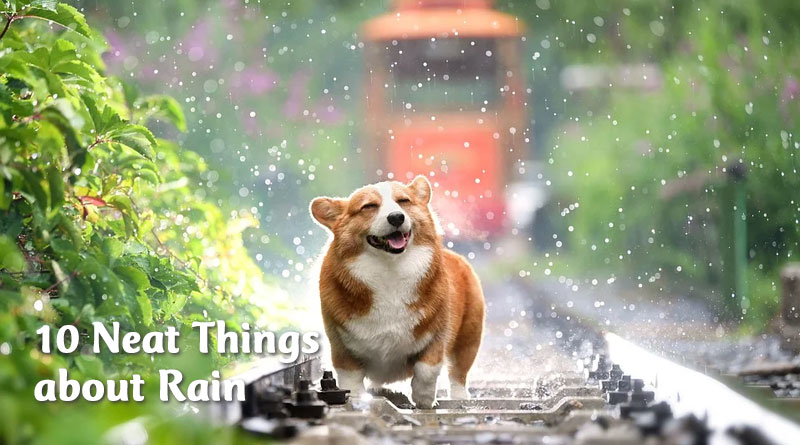10 Neat Things About Rain

1. What comes after two days of rain? Monday.
That’s the old joke, but there is some truth in it, in cities, anyhow. It turns out there is a 22% greater chance of rain on Saturday than on Monday. This is because of the fine particulate matter from car exhaust, which there is more of on weekdays. These teeny particles attract water vapour and cause the vapour to turn into liquid more quickly. It builds up Monday through Friday then poof – it rains on Saturday.
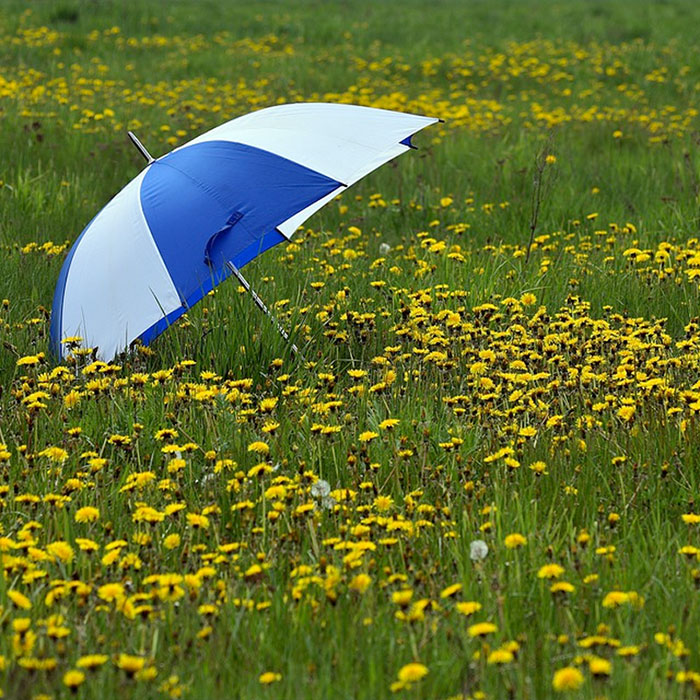
2. Weeding after rain.
If you didn’t know this, it’s easier to weed your garden after a good, soaking rain because the wet soil is more giving than dry soil. Additionally, plants, including weeds, can shoot up when there is thunder, so by hitting the garden within a day or two of a down pour, you get some new weeds before they have a chance to get a toehold.
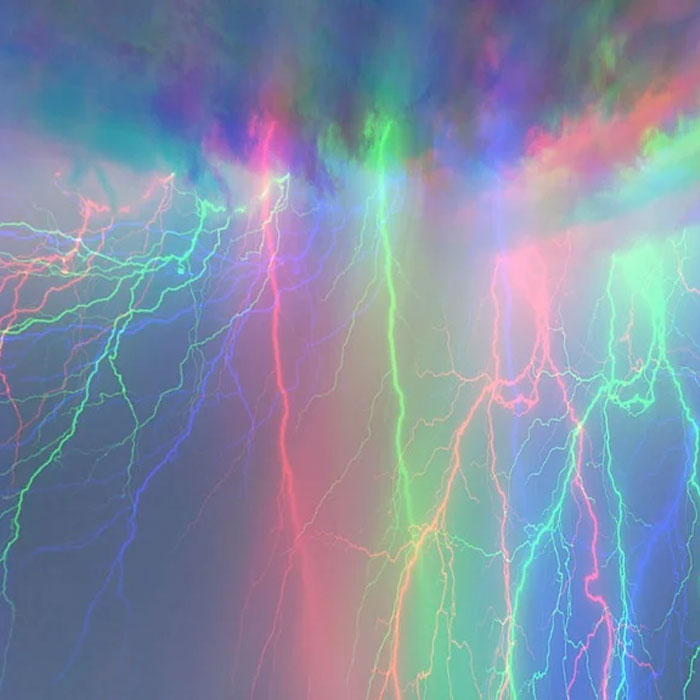
3. It’s raining diamonds!
Not on earth maybe, but this is common on Neptune, according to scientific theories. On other planets, there are chemical compositions falling from the sky that aren’t water. There is neon rain on Jupiter and Saturn, occasional methane rain on Titan, one of Saturn’s moons, and there is a planet in the constellation of Sagittarius that is thought to have iron rain.
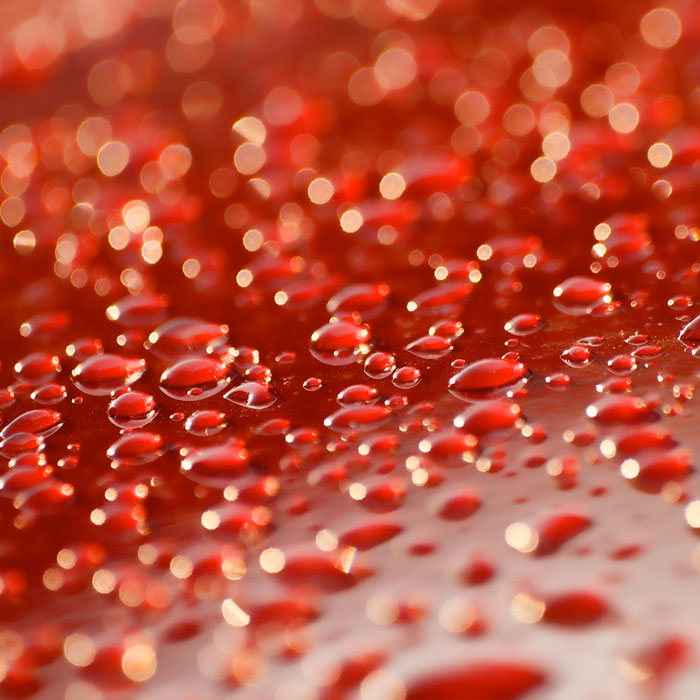
4. It’s raining blood?
There have been incidents of red rain falling throughout recorded history, and they were all interpreted as being some kind of bad omen. More recently, though, red rain fell on Kerala, India in 2001. Scientists have found that the spores of a microscopic algae were responsible. Other cases of “blood rain” have been presumed to be from dust containing iron oxide (rust).
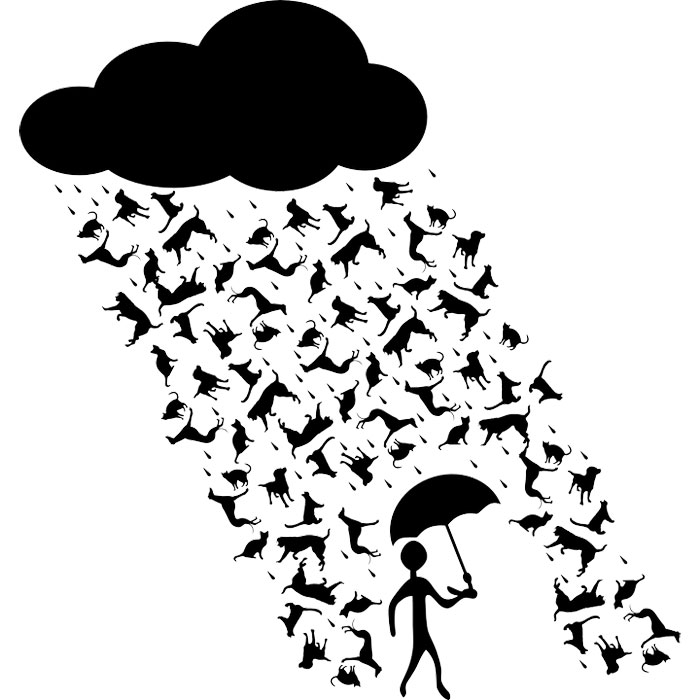
5. It’s raining cats and dogs?
Nobody knows where this expression comes from; even Gary Martin, the researcher behind phrases.org, doesn’t know where it came from, though he does a good job of dispelling any circulating myths (to see click here: https://www.phrases.org.uk/meanings/raining-cats-and-dogs.html). What is interesting is the bizarre phrases that exist in other languages that refer to heavy rain. In Cantonese, it’s raining dog poo. In Dutch, pipe stems. Danish, shoemaker’s apprentices. Welsh, old ladies and sticks. The Flemish they say it’s raining old women, but the Columbians say it’s raining husbands.
6. The scent of rain.
Petrichor is the word that was coined for the scent of rain in 1964. It comes from the Greek words for stone and for the blood of the gods. It turns out the scent is from the geosmin, a compound from the breakdown of organic matter in the earth. Humans are particularly sensitive to this smell, probably going back to when rain could mean the difference between life and death. In fact, we can smell geosmin at concentrations as low as five parts per trillion. That’s pretty impressive when you consider that humans aren’t really super-sniffers.
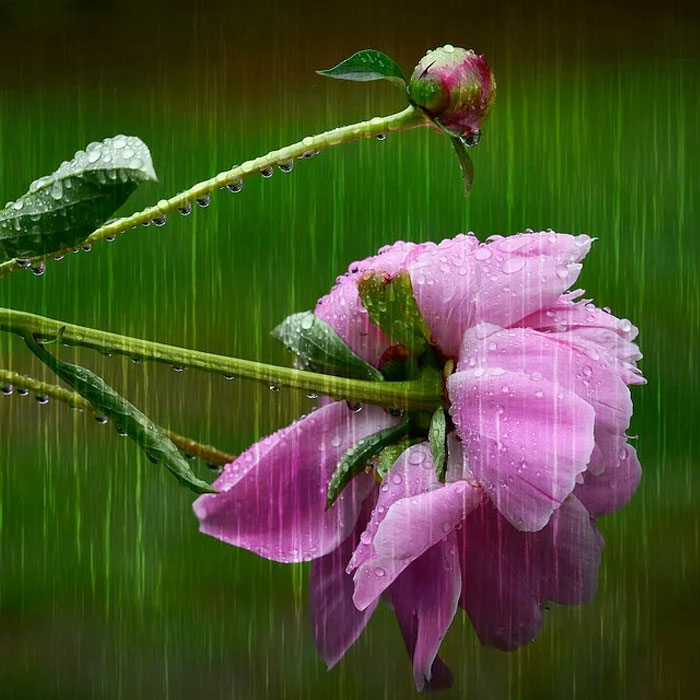
7. Peonies in the rain.
Ugh. If you have peonies, you know what happens when it rains. The big heads of double peonies get too heavy when wet and just lie down. Here are some solutions. Stake them, of course, and make sure your supports are high enough to hold up the heads and big enough to contain the plant. Grow thicker-stemmed and single varieties. Grow them in full sun to keep the stems strong. And, install some kind of cover you can put above the peonies when rain is in the forecast.
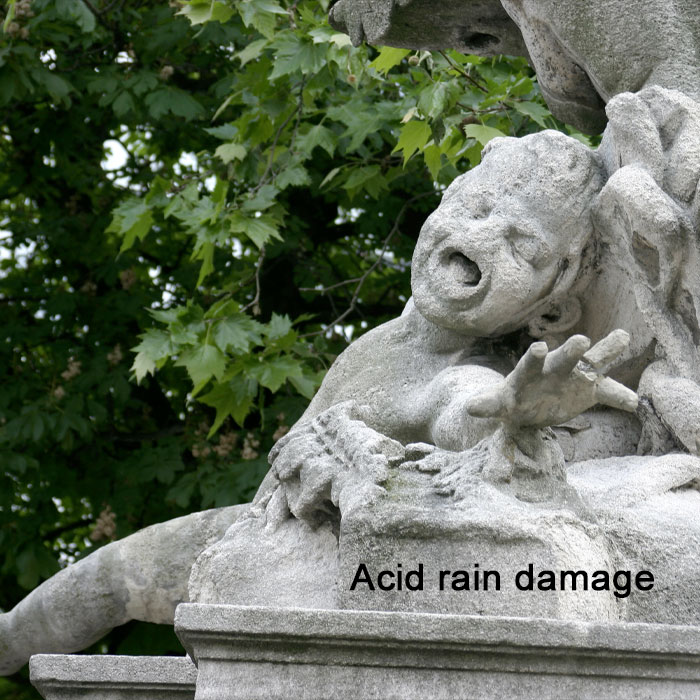
8. What happened to acid rain?
Back in the 80s we heard an awful lot about acid rain, particularly that which came north from the US manufacturing districts to wreak havoc on our cars and in our lakes. Laws were passed to lower the acid in rain that results from human industry, which made a difference. In the last 20 years, though, rain in North America has become even less acidic. Why? Because of the increase in livestock – ammonia, in their excretions – raising the pH levels.
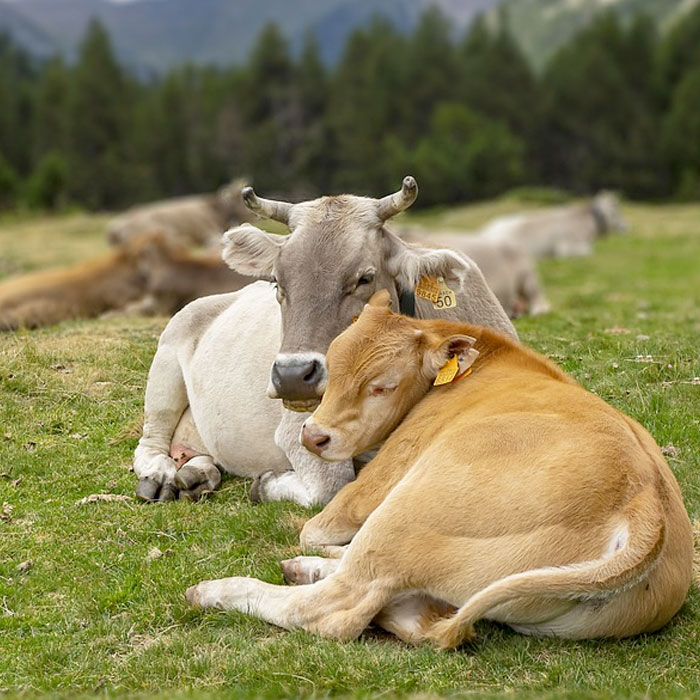
9. Do cows lie down when it’s about to rain?
Maybe. They lie down for several reasons; one of those reasons is because they’re cold. It helps to conserve their heat stores. They also prefer to stand when it’s hot. So, they may lie down immediately before a rainstorm if they can feel the cool air that is causing the rain. This would happen moments before the rain, though, which wouldn’t make a prostrate cow much of a portent for future weather.
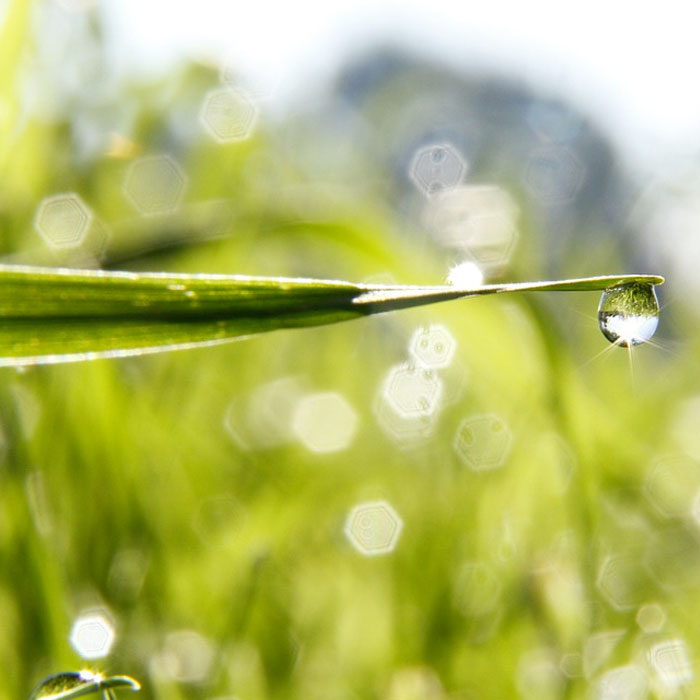
10. More folklore to predict rain.
A ring around the sun or moon means rain or snow is coming soon. When dew is on the grass, rain won’t come to pass. When seagulls fly to land a storm is at hand. Catchy drawer and sticky door, coming rain will pour and pour. Then there’s my personal theory: if there’s water coming from the sky, chances are it’s rain.
Shauna Dobbie Copyright©
Pegasus Publications Inc.

